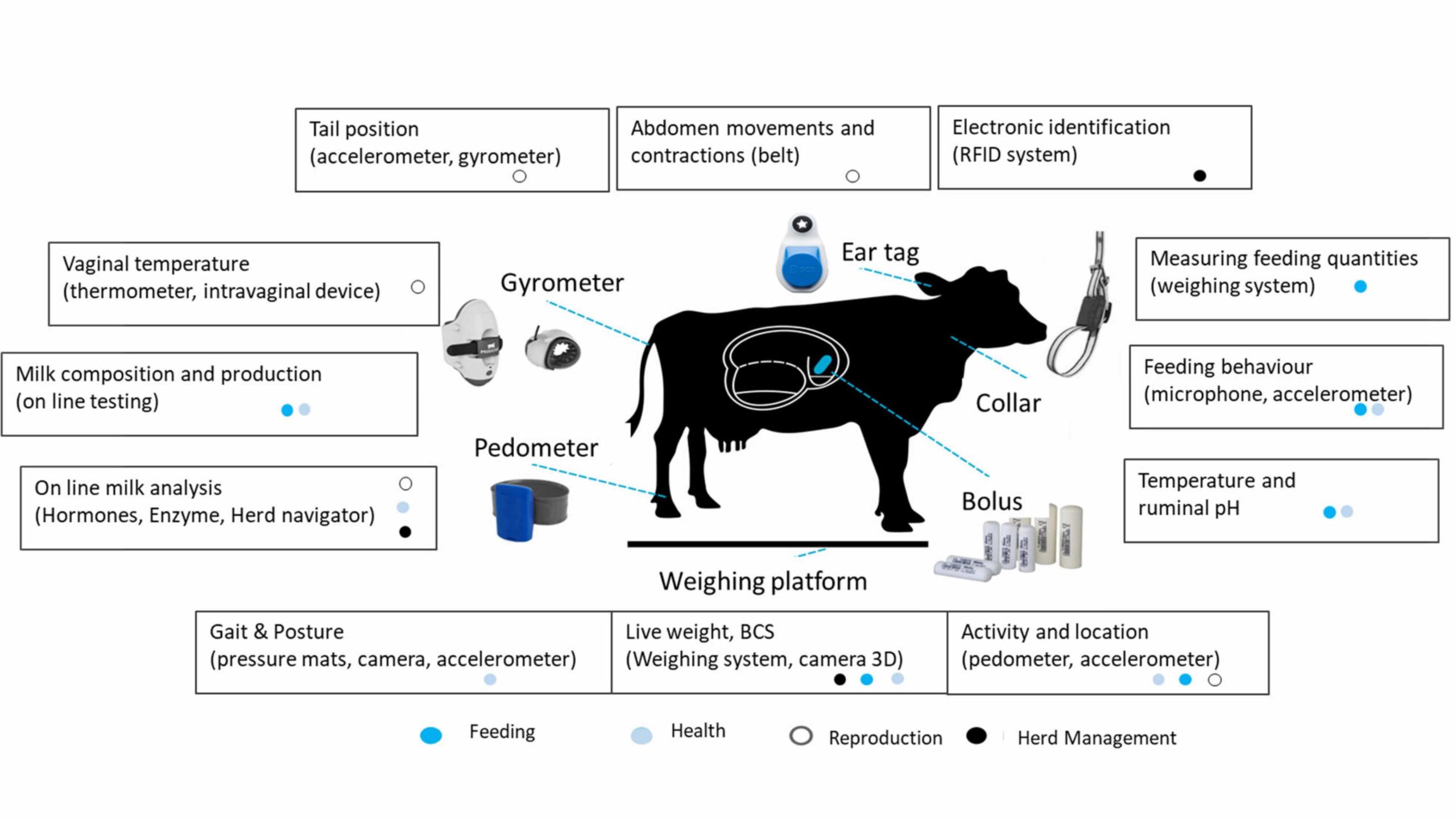In the 1960s, concerns about whether the world’s farms could produce enough to feed a rapidly growing population were epitomized by India and Pakistan, both of which relied heavily on imported wheat. By 1972, in the midst of the Green Revolution, both countries had achieved self-sufficiency in wheat production by, among other things, adopting new varieties developed by pioneering agronomist Norman Borlaug. In a session dedicated to the Nobel laureate’s legacy, the American Association for the Advancement of Science poses the question: will a second Green Revolution ensure food security for the 9.5 billion people expected to populate the world in 2050?
For answers, the AAAS is turning to a panel of experts including Mark Rosegrant, director of IFPRI’s Environment and Production Technology Division. In examining “Global Food Security to 2050: Tradeoffs and a Food Production Road Map,” Rosegrant is expected to note that tightening food markets suggest that standard approaches to financing and implementing agricultural growth cannot meet the development and sustainability goals of reducing hunger and poverty, improving rural livelihoods and human health, and ensuring equitable and environmentally sustainable development. Therefore, increased investment and innovative policies will be needed alongside the kind of advances in agricultural technology that marked the first Green Revolution.
Rosegrant is to speak at a symposium starting at 1:30PM on Friday, Feb. 18, during the AAAS Annual Meeting being held on February 17-21 in Washington, DC.







